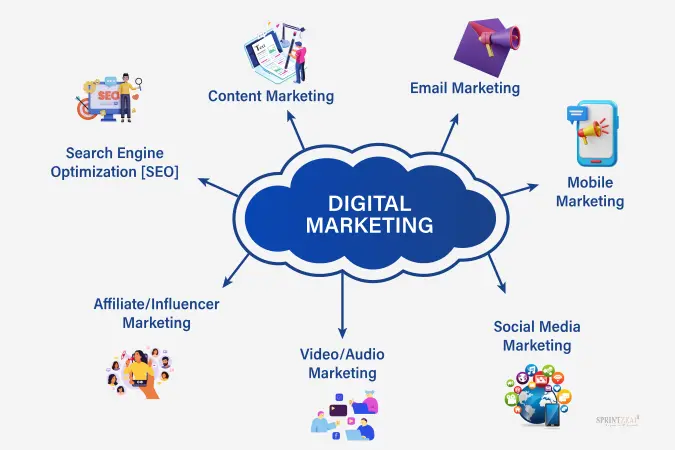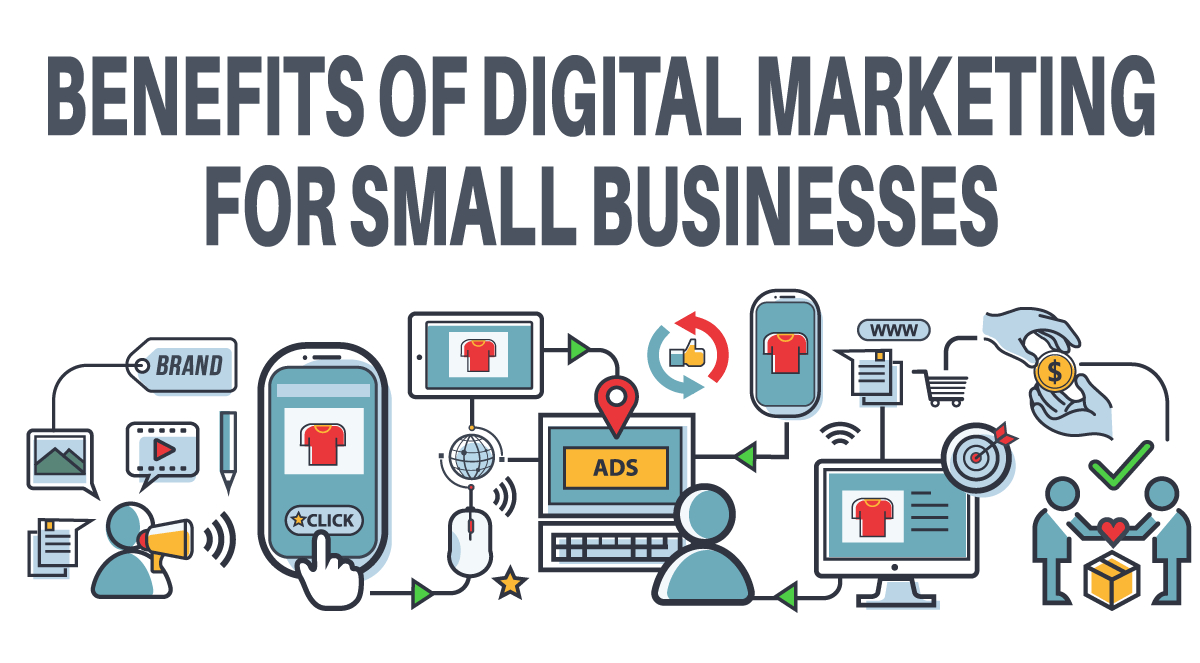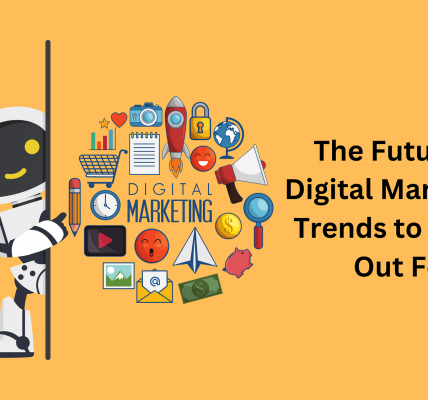Digital marketing is essential in today’s business world, offering a broad range of strategies to reach potential customers online. Understanding the basics of digital marketing can significantly boost your brand’s online presence and drive growth. Here are the key elements of digital marketing that every business should know.
1. Search Engine Optimization (SEO)
SEO is the foundation of digital marketing, focusing on optimizing your website to rank higher on search engine results pages (SERPs). This involves using relevant keywords, creating quality content, and ensuring your website is user-friendly. Effective SEO increases organic traffic, making your site more visible to potential customers.
2. Content Marketing
Content marketing is about creating and sharing valuable content to attract and engage your target audience. This includes blog posts, videos, infographics, and ebooks. High-quality content helps build brand authority, improves SEO rankings, and drives customer engagement.
3. Social Media Marketing
Social media platforms like Facebook, Instagram, Twitter, and LinkedIn are powerful tools for connecting with your audience. Social media marketing involves creating and sharing content on these platforms to increase brand awareness, generate leads, and drive sales. It’s also an excellent way to engage with customers and build a loyal community.
4. Email Marketing
Email marketing remains one of the most effective digital marketing strategies. It involves sending targeted emails to your subscribers to nurture leads, promote products or services, and build customer relationships. Personalized email campaigns can lead to higher conversion rates and customer retention.
5. Pay-Per-Click (PPC) Advertising
PPC advertising is a paid digital marketing strategy where advertisers pay a fee each time their ad is clicked. Google Ads is a popular platform for PPC, allowing businesses to bid on keywords and display their ads in search engine results. PPC can drive immediate traffic to your website and is highly effective when combined with SEO.
6. Affiliate Marketing
Affiliate marketing is a performance-based strategy where businesses reward affiliates for driving traffic or sales through their marketing efforts. Affiliates use their platforms, such as blogs or social media, to promote your products, earning a commission for every sale made through their referral link.
7. Influencer Marketing
Influencer marketing leverages individuals with a large online following to promote your brand. By partnering with influencers who align with your brand, you can reach a broader audience and build trust through authentic endorsements.
8. Analytics and Data Tracking
Understanding the performance of your digital marketing efforts is crucial. Tools like Google Analytics help track website traffic, user behavior, and conversion rates. Analyzing this data allows you to refine your strategies, optimize campaigns, and achieve better results.
Conclusion
Mastering the basics of digital marketing is essential for any business looking to succeed online. By focusing on SEO, content marketing, social media, email marketing, PPC, affiliate marketing, influencer marketing, and data analytics, you can create a well-rounded digital marketing strategy that drives growth and increases your brand’s visibility. Implement these core strategies to stay ahead in the competitive digital landscape.





